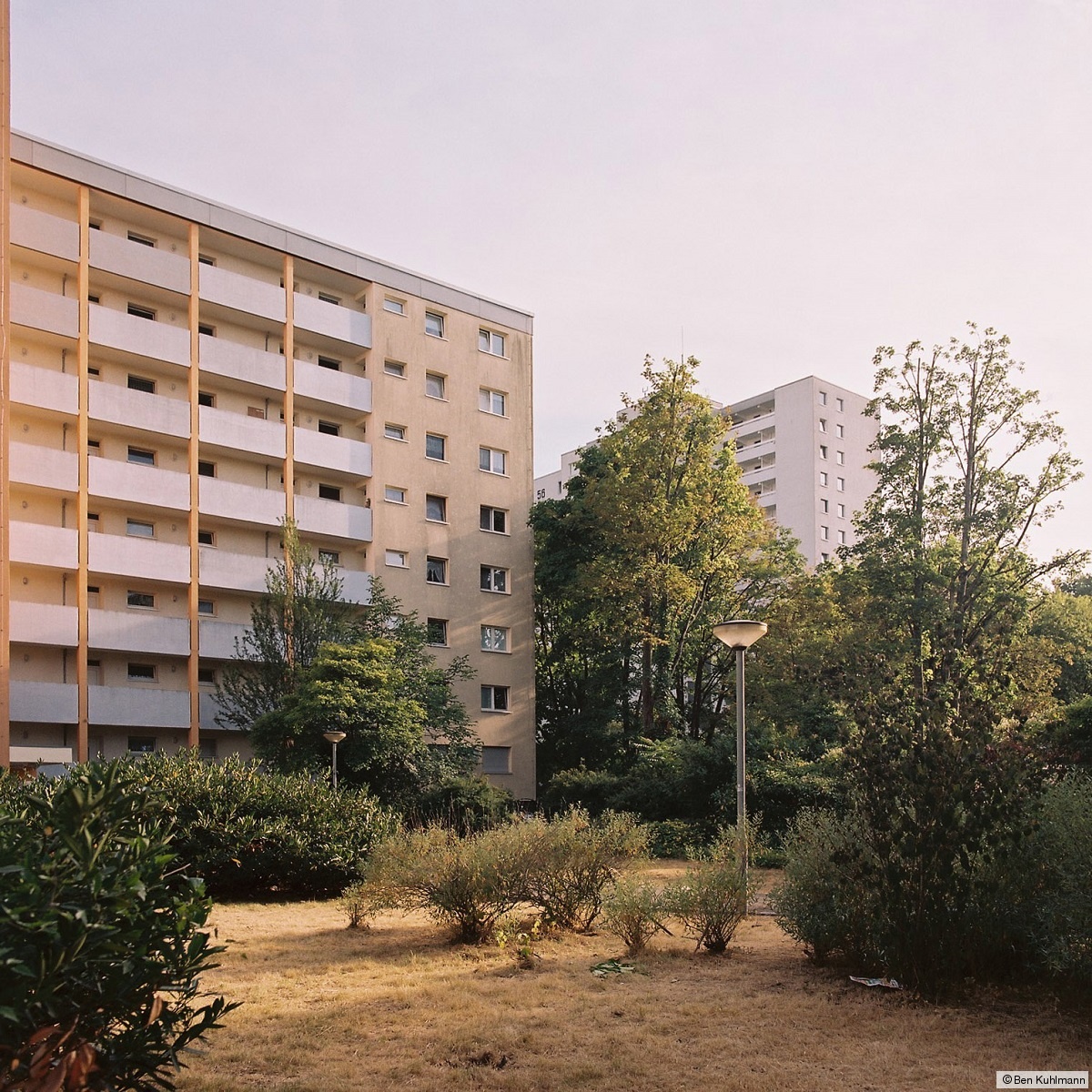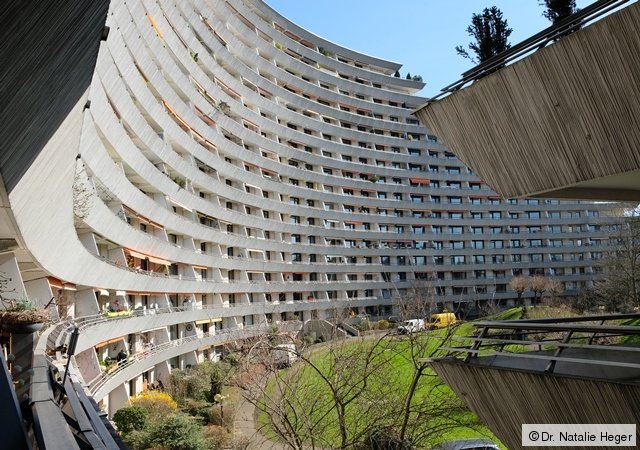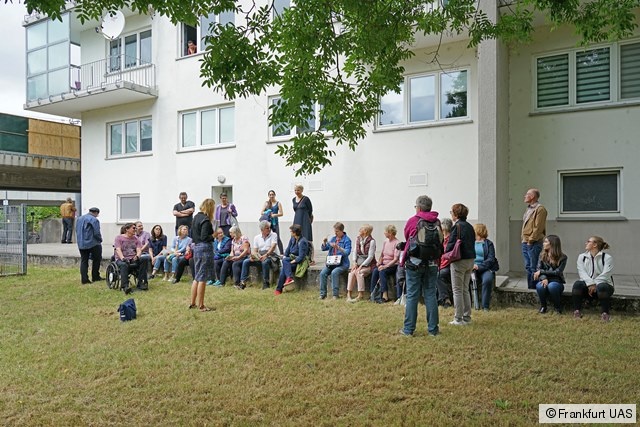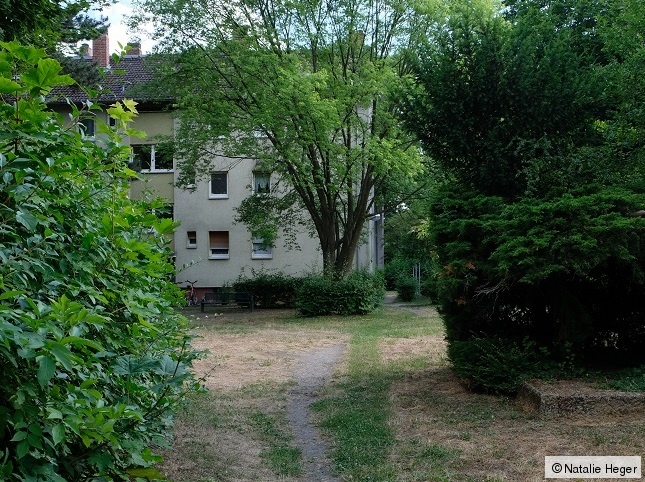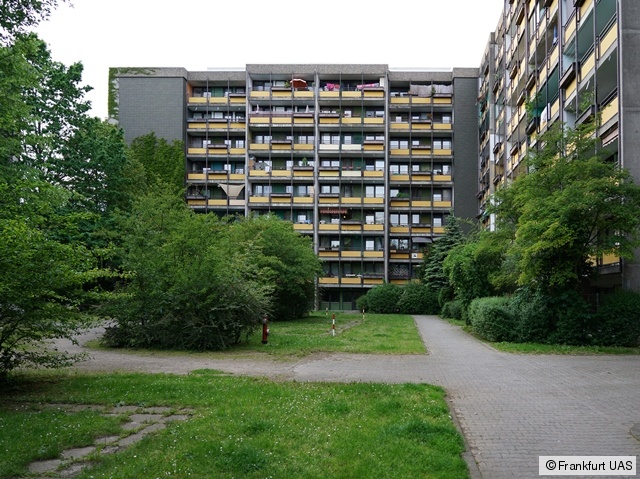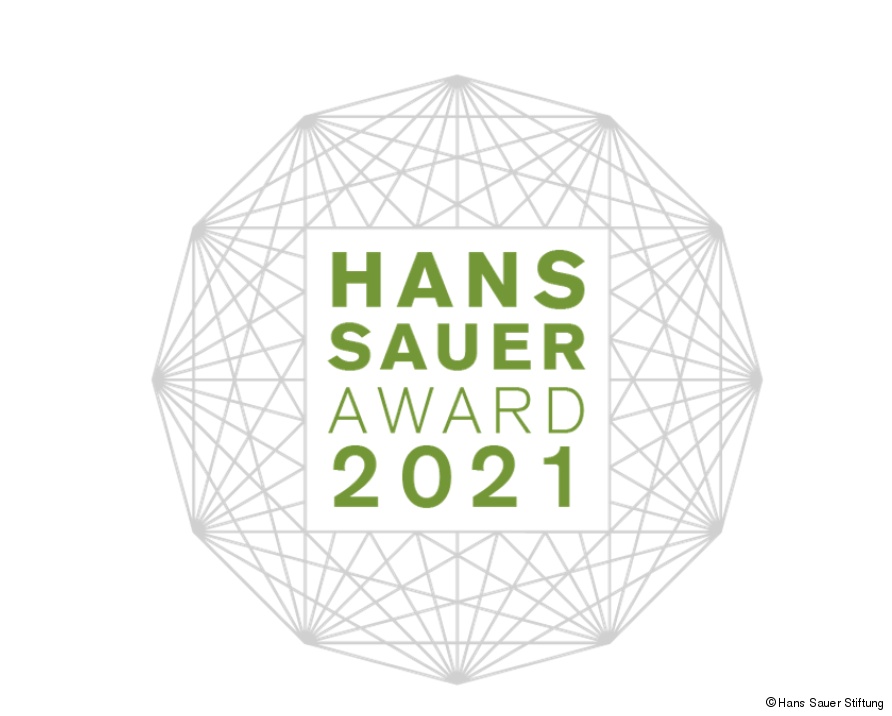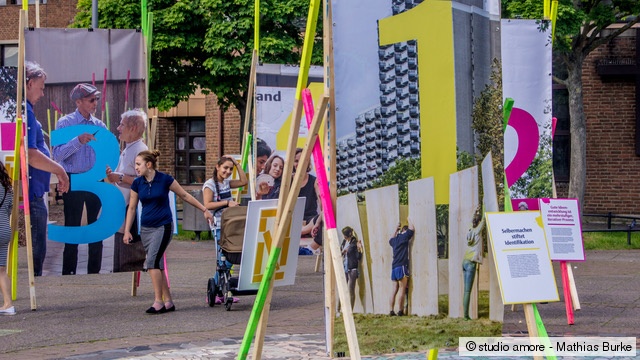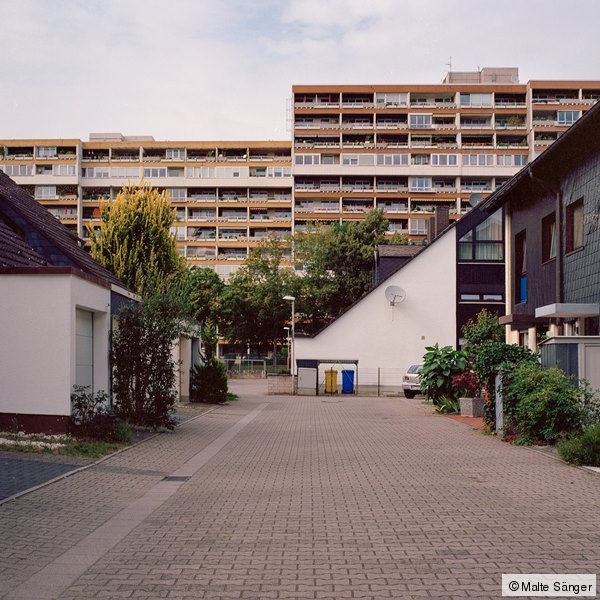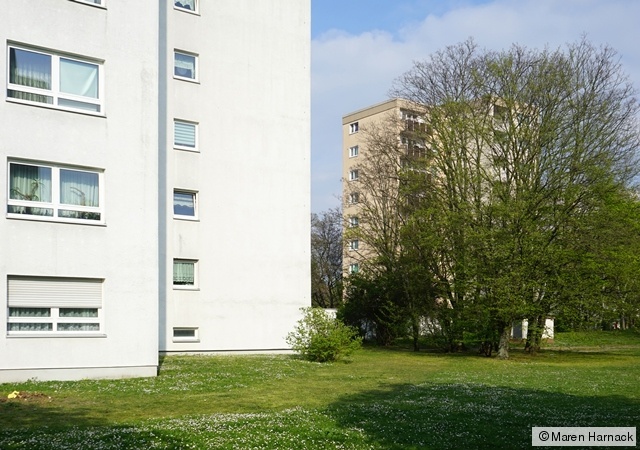Events
20th docomomo conference in Frankfurt
ARCHITECTURE OF MODERNITY: POLITICS-SOCIETY-HOUSING
The annual conference of docomomo Deutschland e.V. will take place in 2023 in Frankfurt a.M. in cooperation with the Ernst-May-Gesellschaft, the Deutsches Architekturmuseum DAM and the city of Frankfurt. With Frankfurt's Paulskirche, a special conference venue will be available again this time.
Architecture Walking Tours
Discover with us post-war housing areas in the Frankfurt Rhine-Main area and learn about their history, the ideas of the planners and life in the housing areas today. In cooperation with kunstkontakt we offer several tours in German language.
Sonnenring
Join us to explore the unknown sides of the striking parabola in Sachsenhausen and gain insight behind the facade of one of Frankfurt's largest residential buildings.
Saturday, July 16, 2022, 2:00 p.m.
Admission: 15 €
Language: German
Registration at www.kunstkontakt-frankfurt.de is mandatory. Participation for university members of Frankfurt UAS is free of charge, please indicate your affiliation with Frankfurt UAS when registering.
Nordweststadt
Discover the Nordweststadt on a walking tour. Learn more about its history, the ideas of the planners and life in the large housing area today.
Sunday, August 07, 2022, 2:00 p.m.
Admission: 15 € Langugage: German
Registration at www.kunstkontakt-frankfurt.de is mandatory. Participation for university members of Frankfurt UAS is free of charge, please indicate your affiliation with Frankfurt UAS when registering.
Henry Dunant Siedlung
With his book "Last Exit Sossenheim," cartoonist Chlodwig Poth helped the district on the northwestern edge of Frankfurt achieve national fame. Between freeways and the Nidda River, a series of large housing areas from the 60s/70s are grouped around the old village center today; the Henri-Dunant-Siedlung is one of them. With the modernization of the apartments, offers for the elderly, new play and open spaces and an S-Bahn connection, the neighborhood will change bit by bit over the next few years. We look into the history, the present and the future of the neighborhood.
Saturday, August 13, 2022, 2 p.m.
Admission: 15 €
Language: German
Registration at www.kunstkontakt-frankfurt.de is mandatory.
Ben Gurion Ring
Walk with us "Am Bügel", follow the pattern of the panels and get personal insights into one of Frankfurt's most famous large housing areas.
Sunday, 09 October 2022, 14.00 hrs.
Admission: 15 €
Language: German
Registration at www.kunstkontakt-frankfurt.de is mandatory. Participation for university members of Frankfurt UAS is free of charge, please indicate your affiliation with Frankfurt UAS when registering.
Hans Sauer Award
WASTELAND is a student project conceived by the Postwar Modernism Research Laboratory in cooperation with Nassauische Heimstätte and uLab, in which new objects are built from carelessly discarded bulky waste together with the residents of Nordweststadt.
The project supports the Circular Society on many levels. It invites people to get to know their own living environment in a new way and to design it themselves, it promotes communication between different actors and puts our linear consumer behavior to the test. It informs about the topics of material resources, recycling and waste disposal on a low-threshold level, it brings students, residents and owners together and creates sustainable traditions for the open spaces in the neighborhood.
The project was implemented in the summer semester 2022 in cooperation with faculty 4 (Social Work).
Symposium - Transformative Participation
Strategies for post-war modernist housing
12th of March 2021 / 10:00 am - 06.00 pm
Although most planners of the post-war modernist settlements (1945-1975) were seriously interested in the needs of the users, they hardly ever allowed them to express them in a binding way. Was this a mistake? In any case, in many housing areas the residents formed themselves soon after moving in to protest against their living environment.
Today, participatory processes play an important role when the further development of post-war modernist settlements is negotiated. Topics that are often at stake are the often perceived monotonous appearance, the use of collective spaces, and redensification. Problems and solutions are only sometimes architectural in nature - social or economic aspects are often just as important.
The conference "Transformative Participation" approached the question of what role participatory approaches have played and could play in the future in the further development of post-war settlements from different angles. A publication on the conference was published by JOVIS Verlag Berlin in fall 2021.
Book Launch
Wohnen in der Nachkriegsmoderne
Siedlungen in der Region Rhein-Main
An architectural guide that encourages visitors to take a look at ten post-war modernist settlements built in the Rhine-Main region. The book presents them with general plans, standard floor plans, numerous photos and background information on their construction and the changes that have taken place since their construction.
Book Launch
at the Deutsche Architekturmuseum
Schaumainkai 43, 60596 Frankfurt am Main
17th of September 2020 / 06.00 pm
Adaptive Re-Use
Strategies for Post-War Modernist Housing / 11th and 12th of October 2019
congress and workshop
In prosperous regions, housing markets are under significant pressure. With the focus on preserving land and developing brownfield sites, post-war housing estates are being earmarked for densification, as their perceived density is low and the ownership is often concentrated in the hands of a few registered social landlords. In this setting, post-war estates are in danger of losing their characteristic spatial structures and landscaping. At the same time, post-war housing estates constitute a significant part of our architectural and urban heritage.
They embody the ideals of post-war societies, which were recovering from the destruction and trauma of World War II to embrace democracy afresh. Despite these credentials, post-war housing estates today are rarely loved and oft en perceived as grave mistakes of a bygone era, accused of being aesthetically and socially unsustainable. At the conference, we explored how the history embodied in post-war housing estates can be valued as part of our built heritage.
Program (PDF 280 KB)









